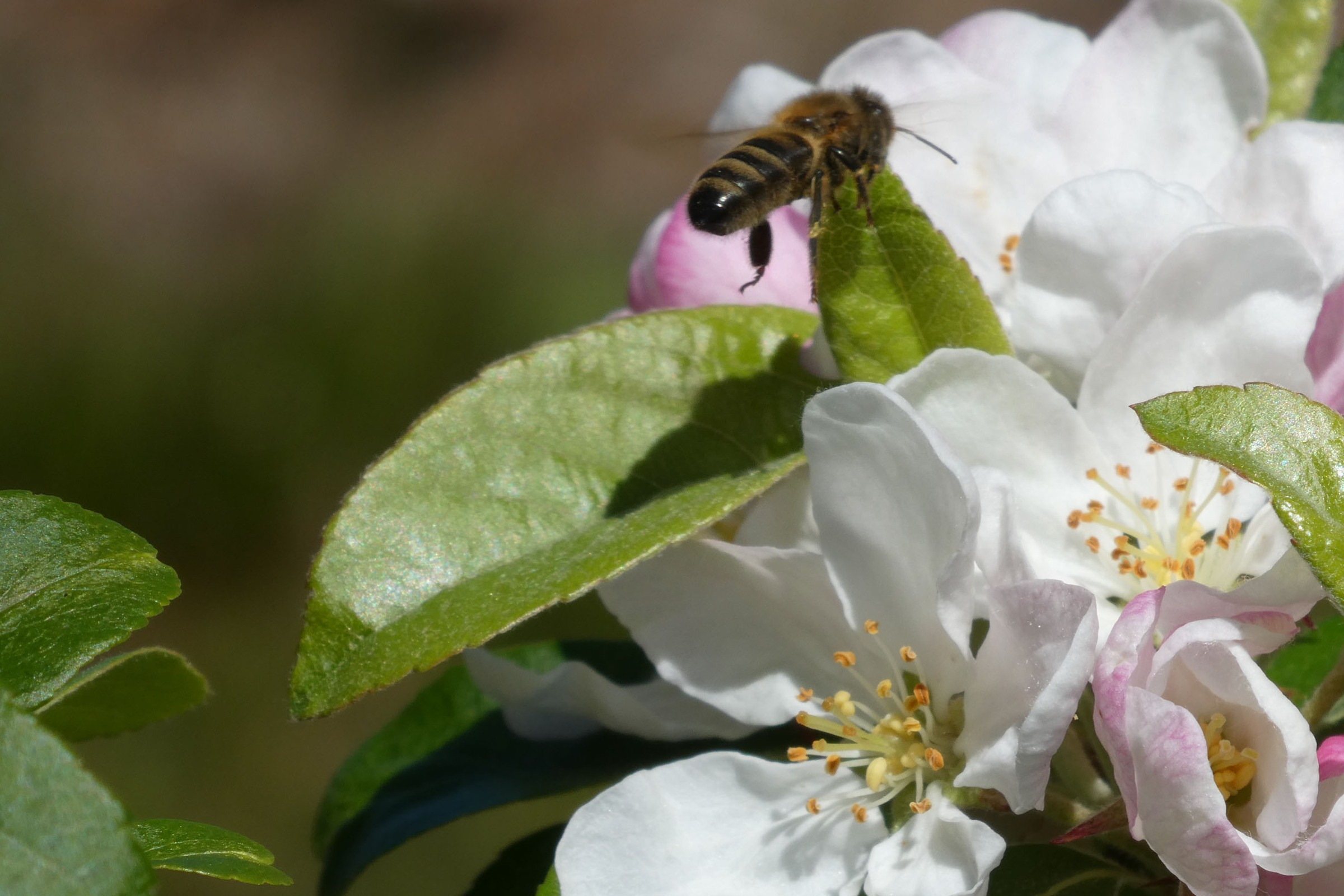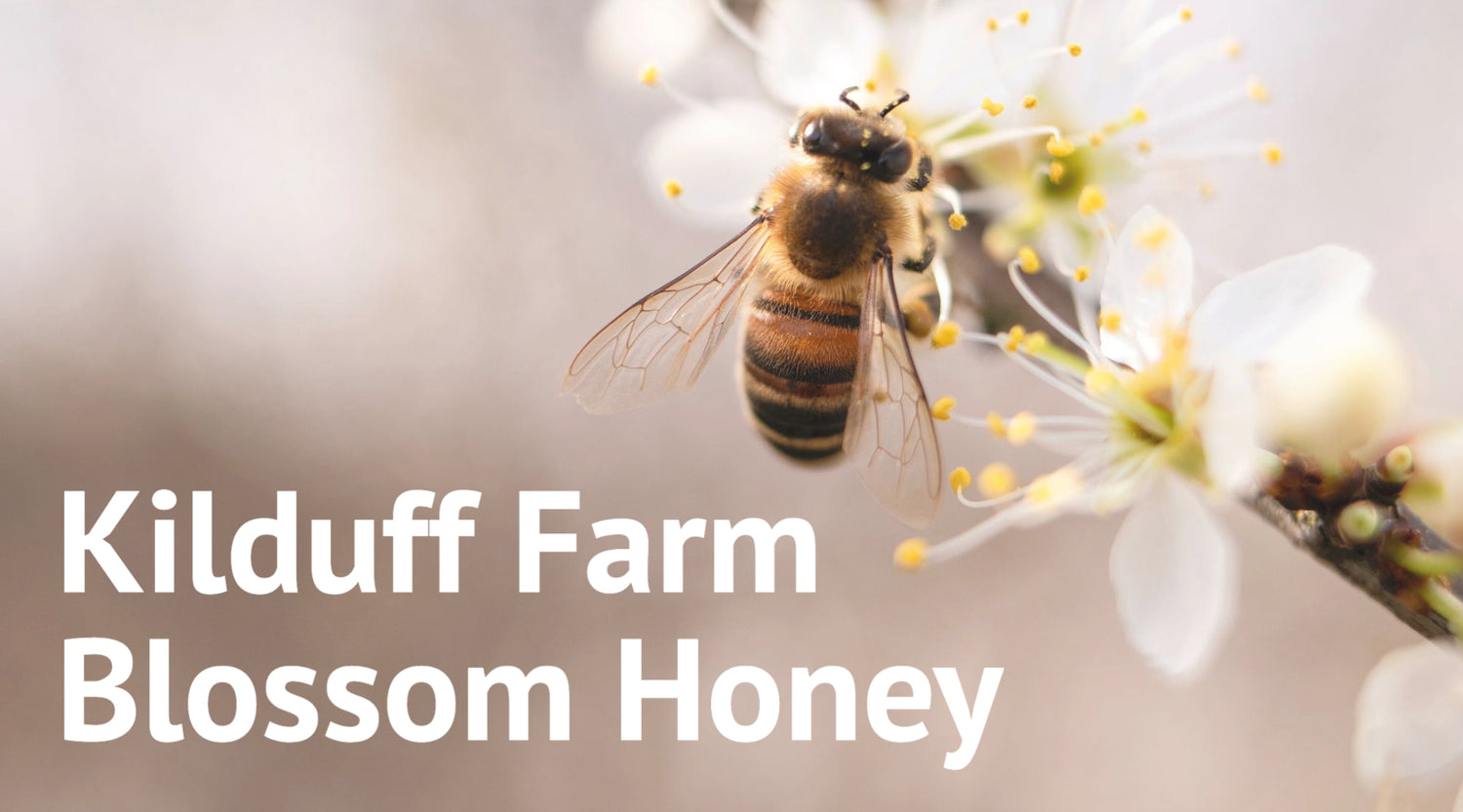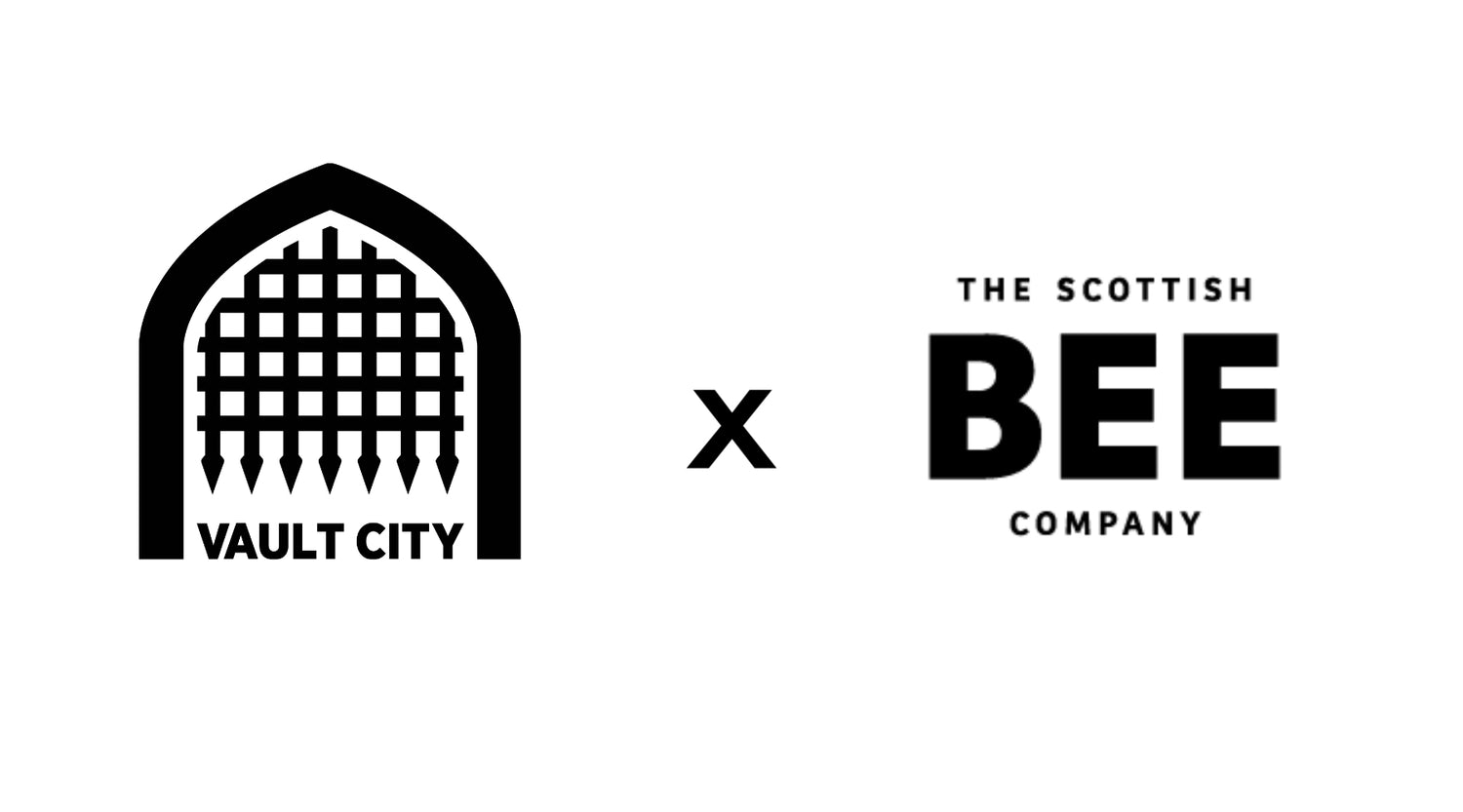Do wasps make honey? Most species of wasp do not make honey.
The exception is the Mexican honey wasp (Brachygastra mellifica), although this wasp will only produce honey in small quantities and not on the scale of the honeybee (Apis mellifera)
Adult wasps kill prey to feed their young, they don’t actually eat this prey themselves. Instead they feed on sugary substances such as nectar, but this nectar is never converted into honey and it isn’t stored. Wasps simply consume it on the go to give themselves energy.
Wasps or Bees?
So our beloved honeybee makes honey (like ours - check it out here), meanwhile the infamous wasp doesn’t. Perhaps this is yet another reason that the wasp gets such a hard time. A 2018 article in Ecological Entomology entitled ‘Why we love bees and hate wasps’ found that wasps were largely disliked by the general public. Bees on the other hand, were found to be highly appreciated.
750 members of the public were asked about their perception of bees and wasps. The authors found that “words used to describe wasps are emotive and negative, whilst those describing bees are functional and positive”. This is unfortunate as wasps play a really important role in the ecosystem. Perhaps an overhaul on their public image is much needed.
Benefits of Wasps
One of the greatest benefits of wasps is their role as a natural pest control. They help to keep the ecosystem balanced and regularly control plant pests such as aphids and caterpillars. Without natural predators these pests run rampant, munching lovely plants and crops. On top of this wasps also pollinate. They may not be as renowned for it as bees, but they too hop from flower to flower slurping up nectar and throwing around pollen.
The wasps that we most commonly come into contact with and feel threatened by are the yellowjackets and hornets. These wasps actually make up a tiny proportion of all wasp species. Wasps belong to a highly diverse group of insects.
Wasps are really important and it’s crucial to remember that all insects are under threat from habitat loss, fragmentation and climate change. These insects play a crucial part in our ecosystem. Here at the Scottish Bee Company we love bees but let’s not forget about their stripy cousins! We want to champion all these insects that are so vital in keeping the world ticking.
In the meantime, why not check out some of the gifts we sell from our lovely friends, the honey bee?
You can check out everything we do for pollinators at repollinate here, or learn how you can sponsor a bee here.
Have a look at some of the links below to learn more about these often misunderstood and underappreciated insects.
https://onlinelibrary.wiley.com/doi/full/10.1111/een.12676
https://www.bbc.co.uk/news/science-environment-45566304
https://www.bigwaspsurvey.org/
https://scottishwildlifetrust.org.uk/2018/07/wasps-why-are-they-important/







1 comment
Thank you for being honest and kind about these beautiful creatures. Wasps are so important (and cute!) but the public’s general opinion is so upsetting. I wish more people understood the beauty and necessity of such little treasures.